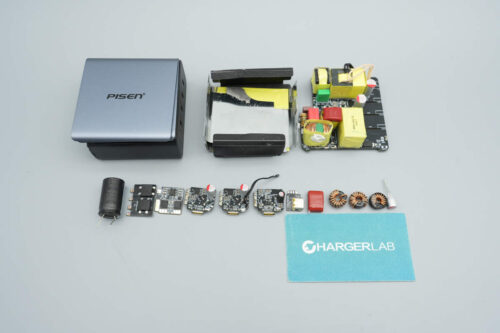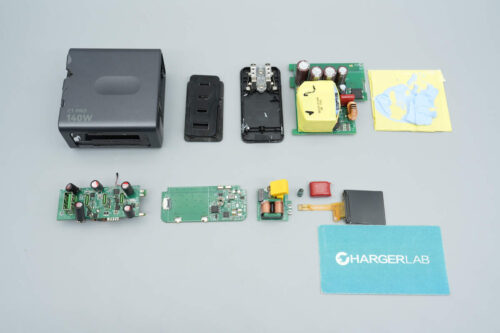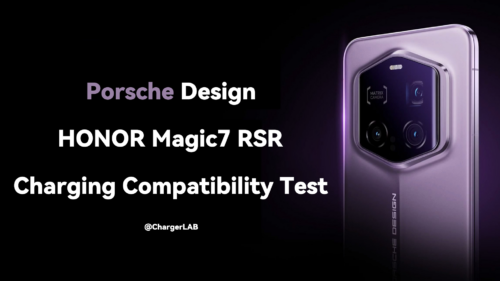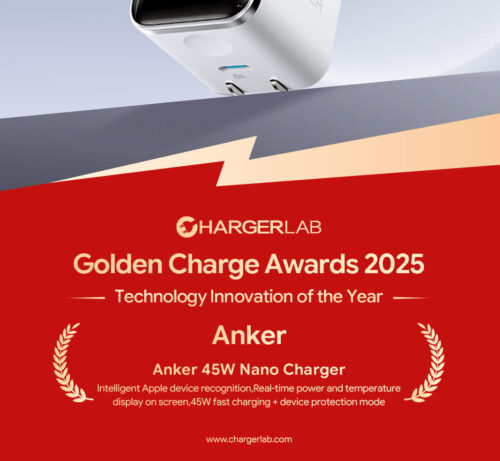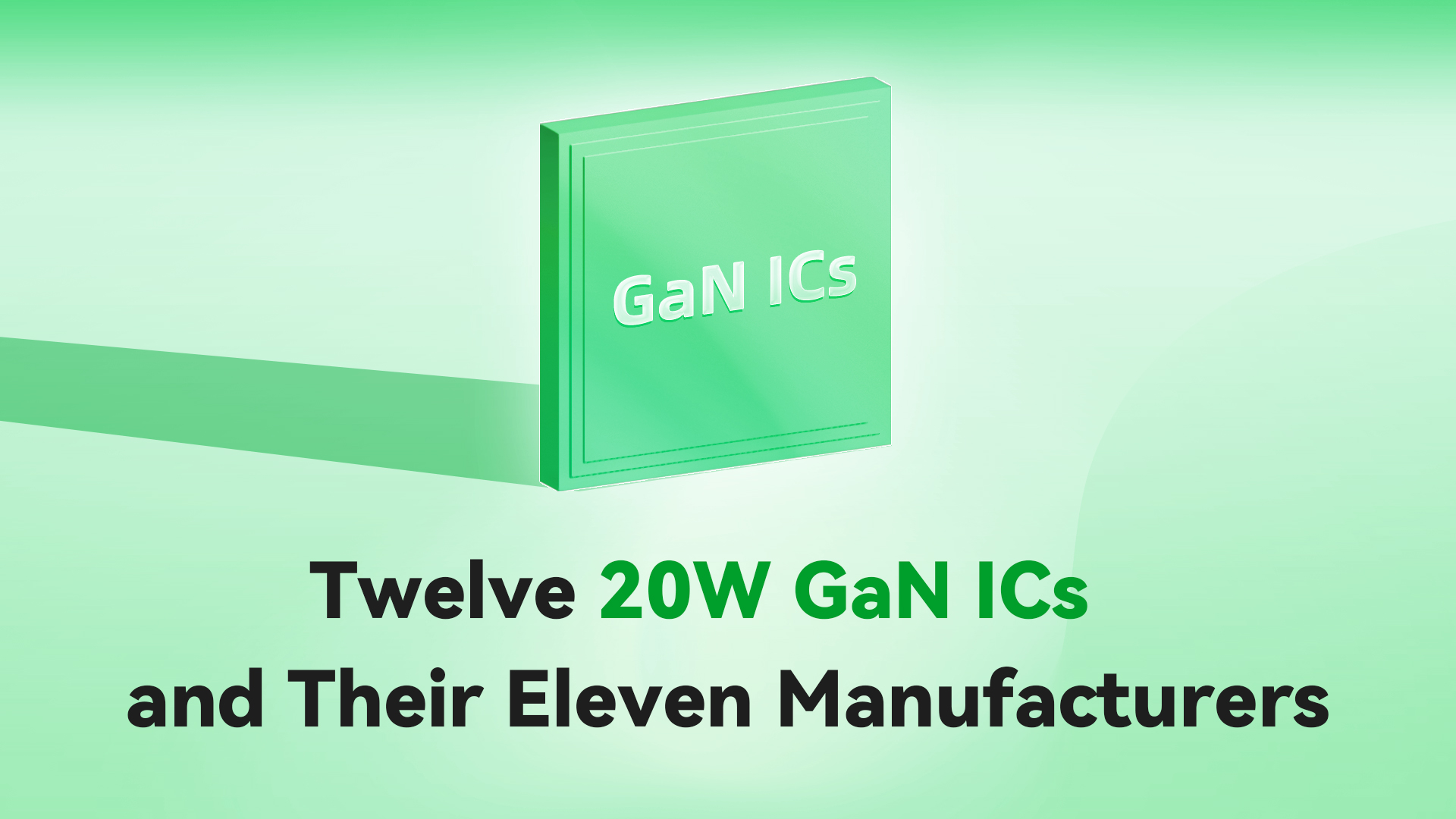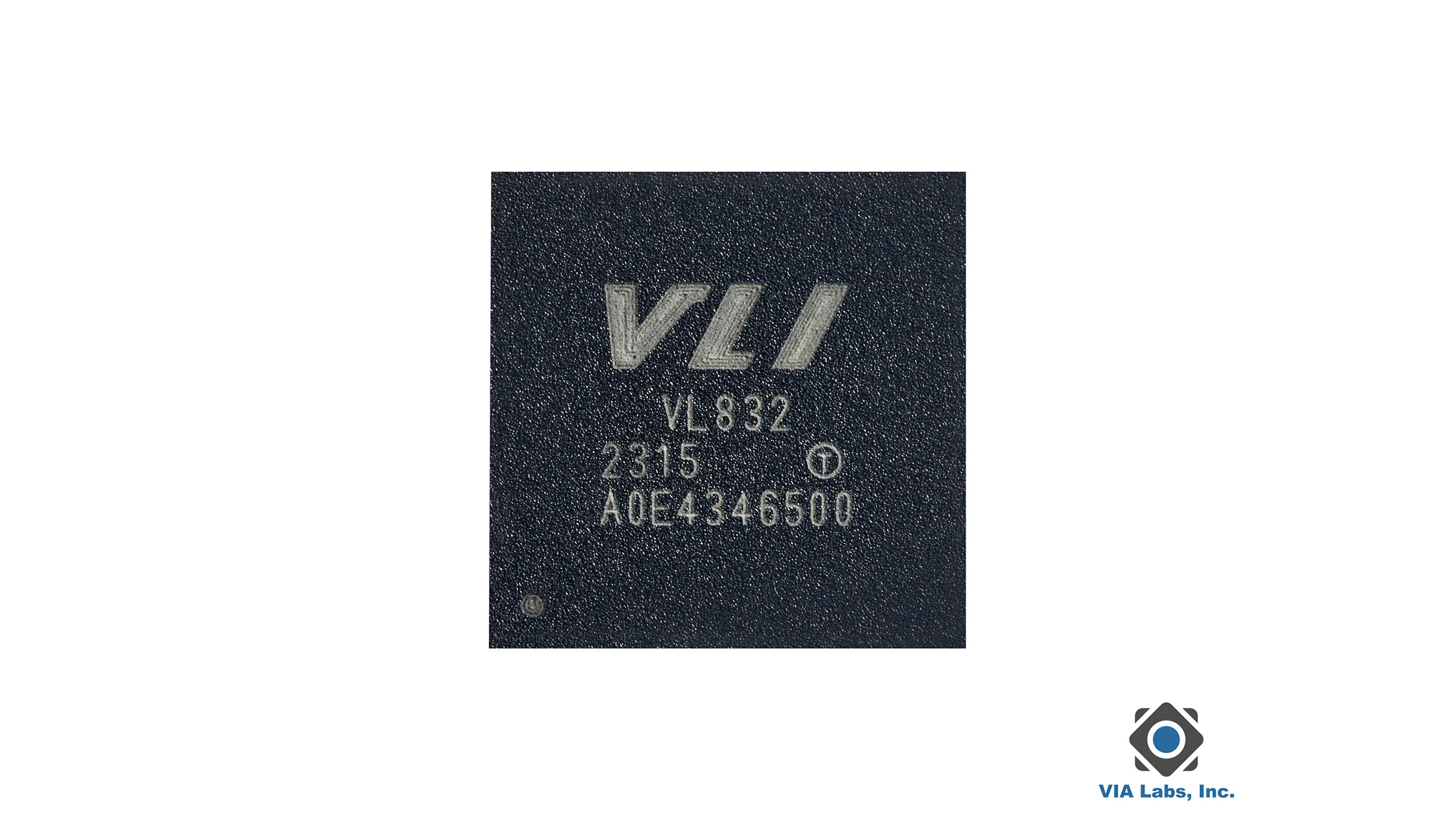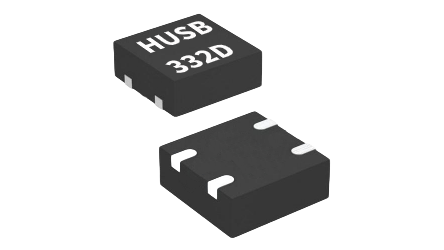Introduction
With the widespread use of smartphones, tablets, and other portable devices, the demand for efficient, fast-charging solutions has surged dramatically. However, the diversity of charging standards and protocols has led to complexity and incompatibility issues in charging devices, particularly with the proprietary protocols used by many Android manufacturers. While their phones might seem to charge at high power levels, switching to other chargers may result in speeds as low as 18W or even lower, leading to a poor charging experience.
Recently, ChargerLAB learned about Injoinic's launch of a fast-charging protocol chip, the IP2736U. It supports USB PD3.1 28V EPR value and a comprehensive range of fast-charging protocols such as PD3.0/PPS, ensuring high compatibility. This chip not only provides users with a better charging experience but also offers more convenient, efficient, and secure charging solutions for products. In fact, we previously covered a similar chip, the IP2736, in one of our articles; you can check it out here.
IP2736U
The Injoinic IP2736U is a fast-charging protocol chip designed for USB ports, providing a complete solution for applications like power adapters, car chargers, and other unidirectional output devices.
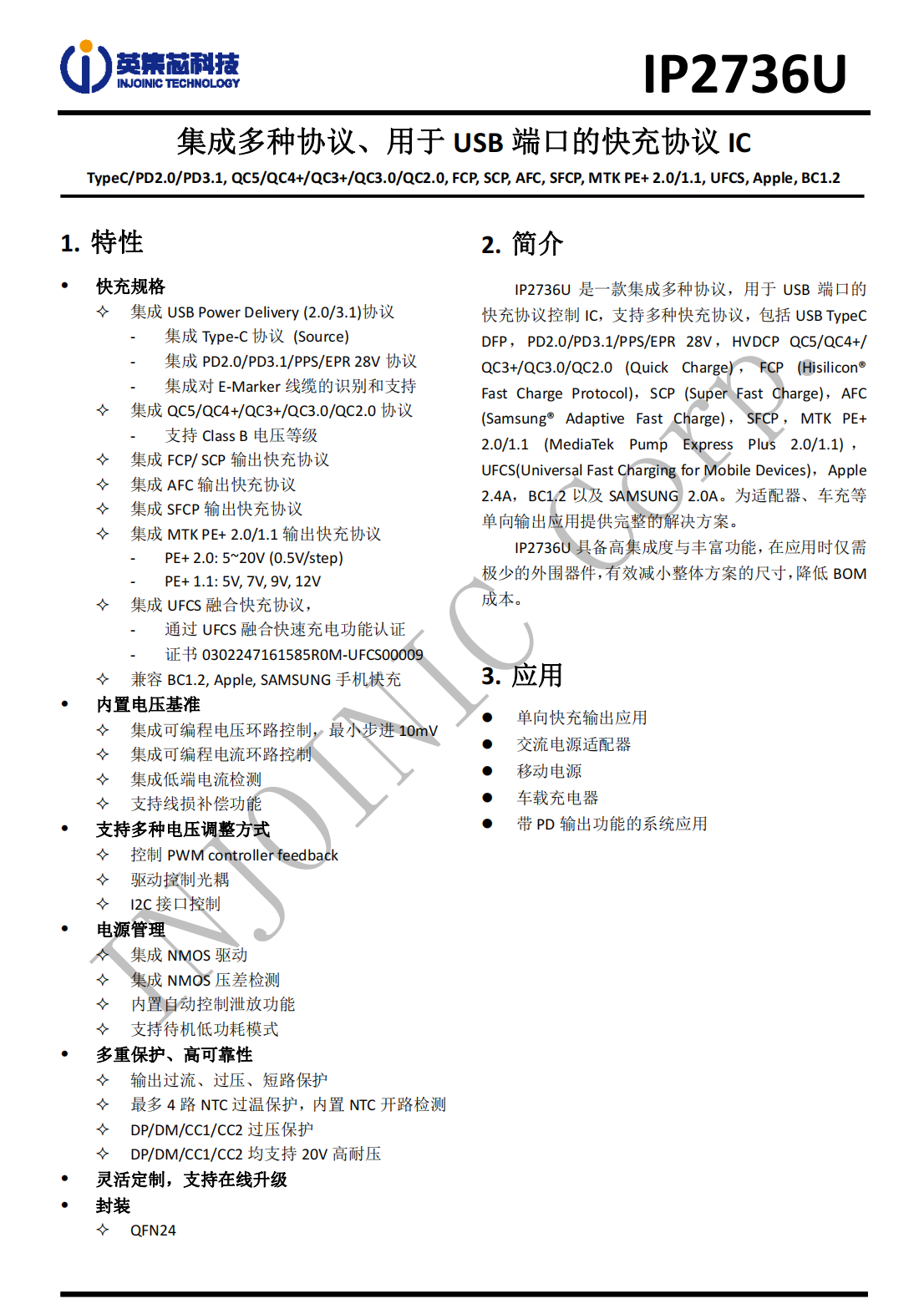
The IP2736U integrates multiple protocols, including USB Power Delivery (2.0/3.1), Type-C protocol (Source), PD2.0/PD3.1/PPS/EPR 28V protocols, and recognition and support for E-marker cables. Additionally, it supports QC5/QC4+/QC3+/QC3.0/Qc2.0 protocols and Class B voltage levels, effectively enhancing charging safety.
Regarding fast-charging output, it incorporates FCP/SCP, AFC, SFCP, MTK PE+ 2.0/1.1 output fast-charging protocols. PE+ 2.0 supports 5~20V (0.5V/step), while PE+ 1.1 supports 5V, 7V, 9V, 12V. It has also received certification for UFCS fusion fast-charging protocol, certificate number: 0302247161585R0M-UFCS00009. Furthermore, it is compatible with BC1.2, Apple, and SAMSUNG phone fast-charging protocols.
Moreover, the IP2736U integrates programmable voltage loop control, achieving highly precise power adjustments with a minimum step of 10mV. It also includes programmable current loop control and low-end current detection, offering more flexible and precise current adjustment capabilities. The chip introduces line loss compensation and supports multiple voltage adjustment methods, enabling precise voltage control through PWM controllers. It can drive and control optocouplers, allowing flexible remote control via the I2C interface.
In terms of power management, it integrates NMOS drive and NMOS voltage difference detection, effectively controlling and monitoring power sources to enhance system performance, stability, and safety. It includes automatic control discharge and supports standby low-power modes, extending device lifespan and reducing system power consumption.
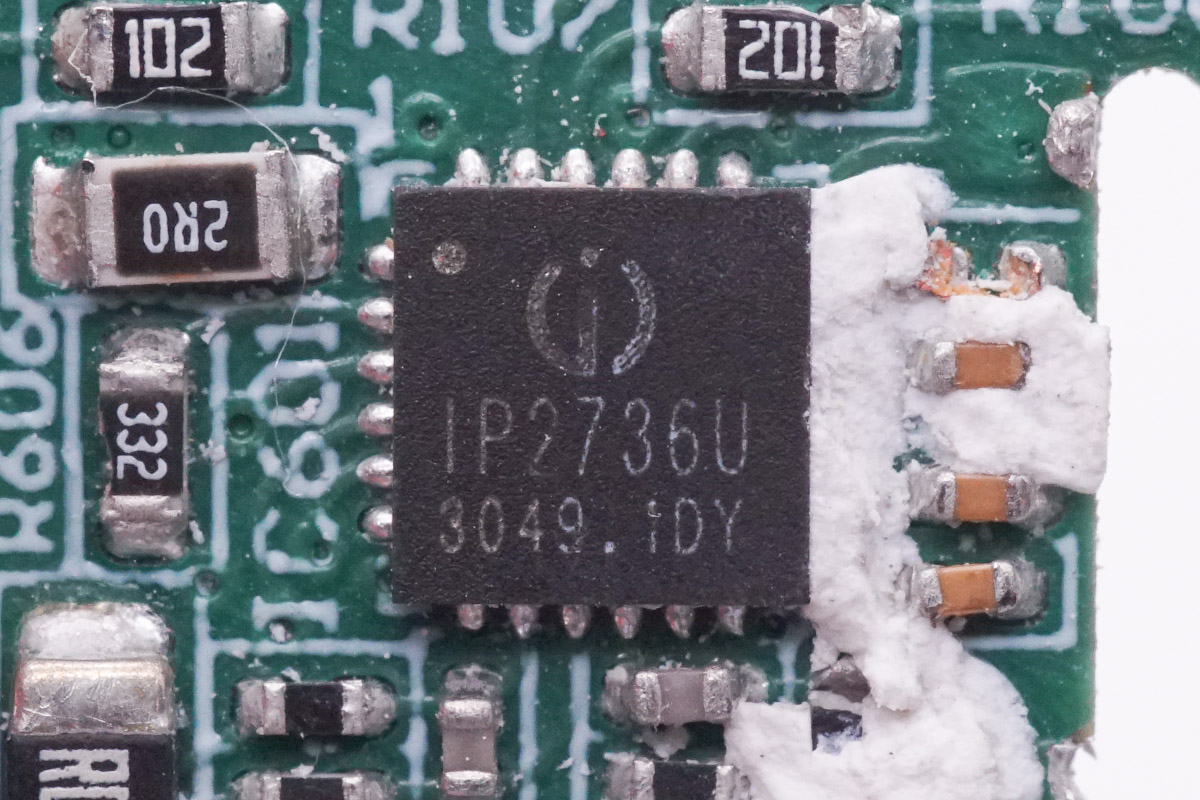
To ensure system stability and safety, the chip incorporates multiple protection mechanisms, including output overcurrent, overvoltage, and short-circuit protection. It supports up to 4 channels of NTC over-temperature protection and has built-in NTC open-circuit detection. Additionally, it features DP/DM/CC1/CC2 overvoltage protection, with these channels supporting high voltage resistance of up to 20V.
The Injoinic IP2736U adopts a QFN24 package, requiring minimal peripheral components in applications, effectively reducing the overall solution size and lowering the BOM. It suits unidirectional output applications such as power banks, power adapters, car chargers, and more.
Summary of ChargerLAB
The Injoinic IP2736U is a protocol chip specifically designed for USB ports, integrating various mainstream fast-charging protocols such as PD3.1 and supporting E-marker cable recognition. This chip also features programmable voltage and current loop control, line loss compensation, multiple voltage adjustment methods, NMOS drive and voltage difference detection, enhancing power system performance, stability, and safety. It utilizes a QFN24 package and incorporates multiple protection mechanisms like overcurrent, overvoltage, short-circuit protection, standby low-power modes, and automatic control discharge, further improving device lifespan and system energy efficiency.
In a nutshell, this chip supports an extensive array of protocols. Implementing this chip can significantly enhance charging efficiency, making the charging process more efficient and convenient.
Related Articles:
1. 30 PD3.1 Protocol Chips and Their 11 Manufacturers: A ChargerLAB Analysis
2. PD3.1 Supported | Southchip Launched SC9712A Protocol Chip
3. ChargerLAB Reveals 11 PD3.1 E-Marker Chips from 7 Manufacturers

